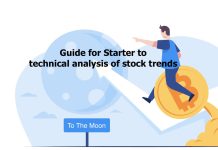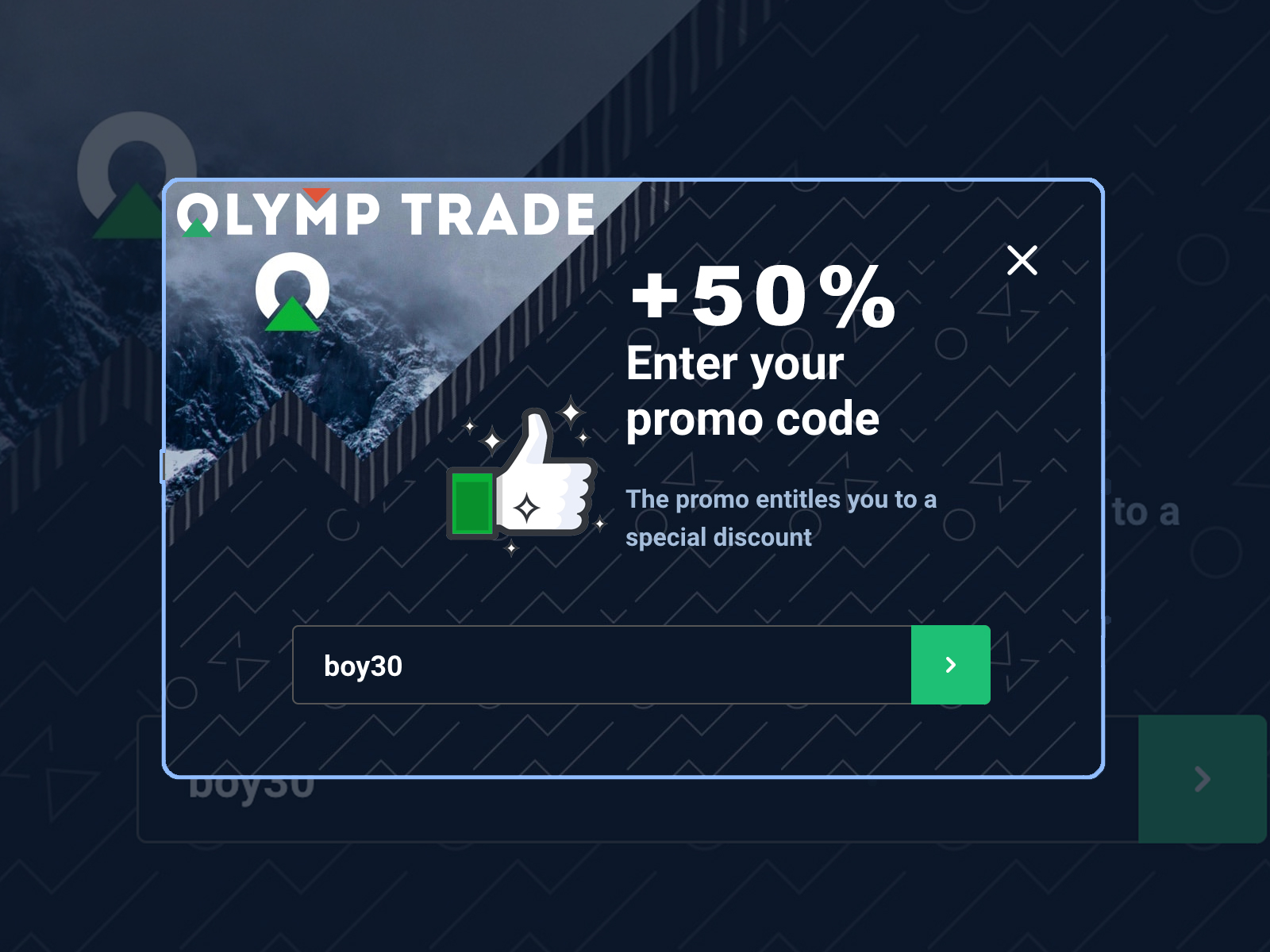![]() English
English ![]() हिन्दी
हिन्दी ![]() Indonesia
Indonesia ![]() Português
Português ![]() Tiếng Việt
Tiếng Việt ![]() العربية
العربية ![]() ไทย
ไทย
Almost every trader who has worked with Forex has faced leverage trading. This is a type of trading that depends on a multiplier to make more profit for the trader.
This article explains in detail what leverage trading is, how it works, and what benefits it brings to our traders.
What Is a Leverage
Let’s start with the question of what leverage is in Forex trading. Leverage is a tool that allows traders to make larger investments than they could do otherwise by multiplying their funds. It is also known as a multiplier, with brokers like Olymp Trade adding their own money to the trade volume.
With this added value, traders can open more deals and increase the trade volume, allowing them to earn more money. That’s what makes leverage stock trading so popular among Forex traders, as the opportunity of making higher profits while investing less money is always welcome. Opening more deals is also welcome, as it allows traders to diversify their investment portfolio for the same amount of funds.
How Leverage Works
The principle behind the leverage, often called a multiplier, is fairly simple: the Olymp Trade broker lends you a certain amount of money for every dollar (or euro/real) you invest. For example, if you want to do some Bitcoin trading and decide to use the x10 leverage option, you’ll get $10 for every dollar you invest.
You can easily calculate the profit from using multipliers by using a simple formula:
(Difference between the opening and closing of the trade / Current price) * Investment’s volume *Multiplier – Commission = Profit.
So, if you opened a trade for USD/JPY with the opening price of 105, the closing price of 105.5, investment of $100, and x500 multiplier, you will get a ((105.5 – 105) / 105.5) * 100 * 500 – 4 = $232.9 in profit.
While you are doing so, some of your own funds are saved on your trading account as security. You can’t use them to open new trades until the existing one is completed. If the trade ends in a loss, that total will be subtracted from the secured funds.
It should also be noted that different assets have different available leverages. The multiplier’s size depends on the asset’s characteristics such as the trading mode, volatility. That’s why multipliers vary for different assets.
| Assets | Minimum Multiplier | Maximum Multiplier |
| Currency Pairs | x50 | x500 |
| Cryptocurrencies | x5 | x10 |
| Metals & Commodities | x10 | x50 |
| Indices | x30 | x100 |
| Stocks | x1 | x20 |
| ETF | x1 | x5 |
You can always find out what multipliers are available for the asset in the Trading Conditions section of the Assets menu.
How to Trade Leveraged Assets
You can easily open a trade with leverage by following this simple instruction:

- Enter the Forex trade modes (leverages are unavailable for the FTT mode!)
- Choose the asset that you want to trade
- Fill in the desired trade amount
- Click on the multiplier icon in the trade amount field
- Choose the multiplication rate
- Choose the trade direction
- Open a trade
As you can see, it is relatively easy to do, and you can open a new leveraged trade any time you want, as long as there are enough funds in your account. Be mindful of the reserved security sum, as you can’t open a new trade with this money.
If you forgot what multiplier you’ve used for any particular trade, you can always check the “Trades” bar, which shows what multiplier was used for any trade.
Why Should I Use Them
There are quite a few reasons why Forex traders can and should use leverages in their trading. The main one, of course, would be the increase in profit. After all, you can make larger profits with bigger investments, and leverage is the right tool for the job here.
The second reason is that the usage of a multiplier allows you to open more trades each day as you supplement your own funds with what the Olymp Trade platform lends you. So, instead of making ten trades of $10 each, you can make both more trades and more profit by using an x100 or x500 multiplier.
Risks and Profit
Of course, as is with almost everything in business, higher profit opportunities also offer higher risks. Leverages are no exception here, as there are a number of risks associated with leverage trading.
Usually, the more substantial the investment, the more varied the financial outcome that comes with it. For example, a trade with a volume of $100 can bring 30% of profit and make you $130, but the same trade with a leverage of x200 bringing you a 30% profit will make you $6,000. However, the same could be said about the loss.
If you trade with a smaller volume, your losses will also be smaller, and you need to account for that magnification in your risk assessment whenever you open a leverage-assisted trade. Make sure that you use the right multiplier at the right time.

How do you choose one? Well, here is a hint, the higher the leverage, the more trades you can open during a day with your initial funds. So, if you are aiming to do some active short-term trading, then choosing assets with higher leverages will be a smart move.
If you are more partial to the long-term investments, with a smaller amount of trades involved, then lower leverages are for you. Lower leverage will decrease possible losses by reducing the trade volume, but it will still increase potential returns and allow you to open more trades.
We’ve covered the most common questions about leverage stock trading and its mechanics. You can always learn more from various articles on our regularly updated blog. Be sure to take a look.
![]() English
English ![]() हिन्दी
हिन्दी ![]() Indonesia
Indonesia ![]() Português
Português ![]() Tiếng Việt
Tiếng Việt ![]() العربية
العربية ![]() ไทย
ไทย









 General Risk Notification: Transactions offered by Olymp Trade can be executed only by fully competent adults. Transactions with financial instruments offered on Olymp Trade involve substantial risk and trading may be very risky. If you make Transactions with the financial instruments offered on Olymp Trade, you might incur substantial losses or even lose everything in your Account. Before you decide to start Transactions with the financial instruments offered on Olymp Trade, you must review the Service Agreement and Risk Disclosure Information. Olymp Trade is operated by Saledo Global LLC; Registration number: 227 LLC 2019; Registered Office Address: First Floor, First St. Vincent Bank Ltd Building, P. O Box 1574, James Street, Kingstown, St. Vincent & the Grenadines.
General Risk Notification: Transactions offered by Olymp Trade can be executed only by fully competent adults. Transactions with financial instruments offered on Olymp Trade involve substantial risk and trading may be very risky. If you make Transactions with the financial instruments offered on Olymp Trade, you might incur substantial losses or even lose everything in your Account. Before you decide to start Transactions with the financial instruments offered on Olymp Trade, you must review the Service Agreement and Risk Disclosure Information. Olymp Trade is operated by Saledo Global LLC; Registration number: 227 LLC 2019; Registered Office Address: First Floor, First St. Vincent Bank Ltd Building, P. O Box 1574, James Street, Kingstown, St. Vincent & the Grenadines.